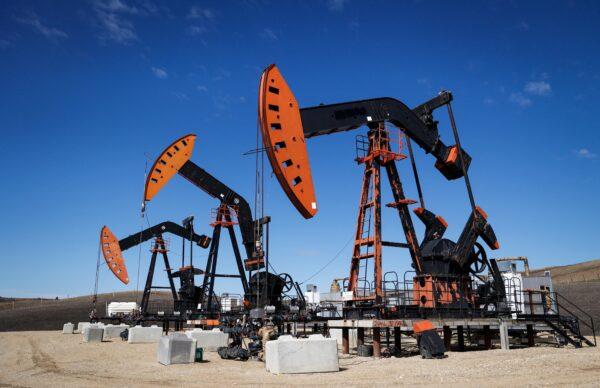A new report is questioning the federal government’s planned cap on greenhouse gas (GHG) emissions from the oil and gas sector. The report, released on June 1 by the Fraser Institute, says the plan will cost the country billions of dollars in lost revenue and have almost no impact on GHG emissions globally.
The federal plan calls for GHG emissions from oil and gas production to be reduced by 31 percent from 2005 levels by the year 2030.





